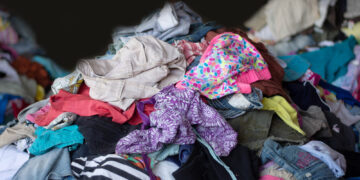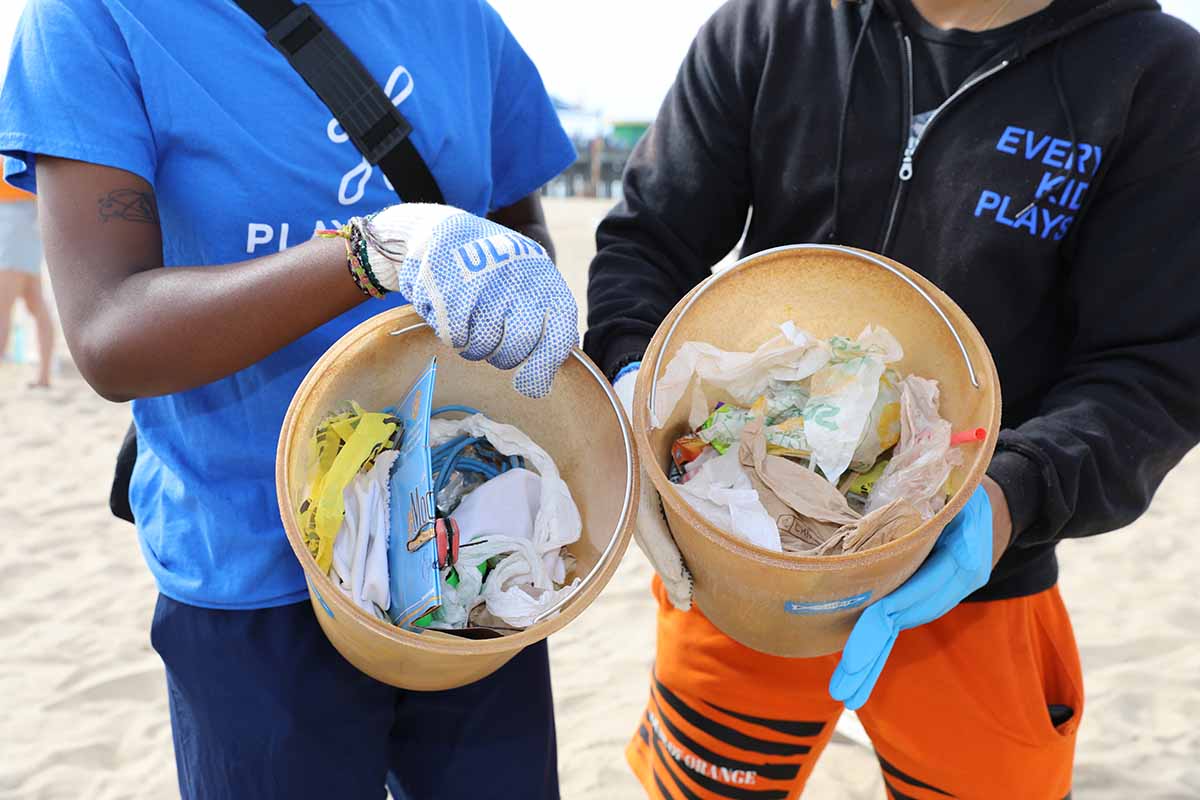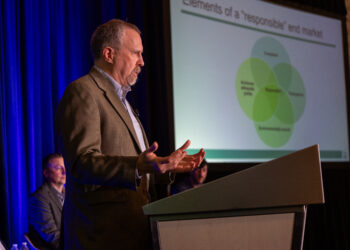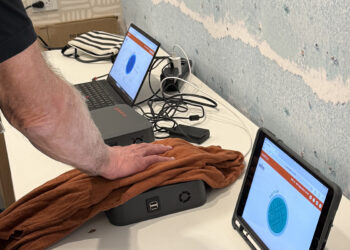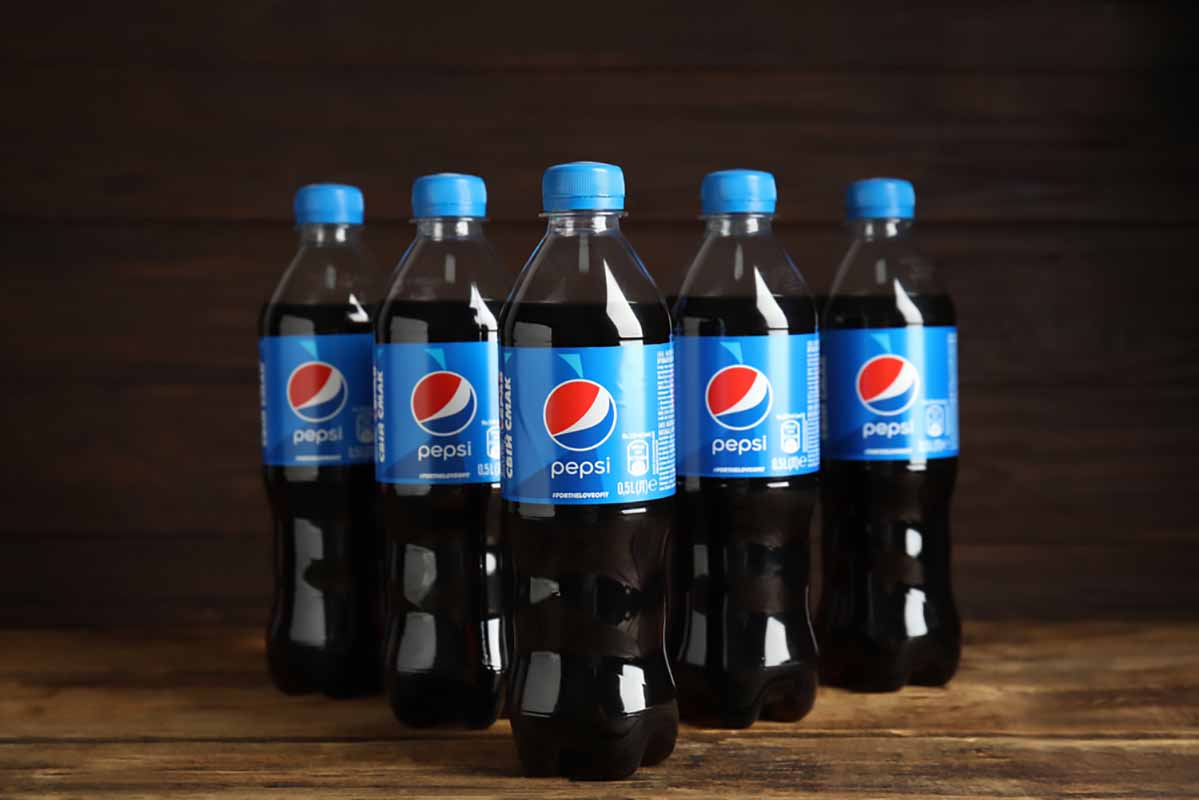Information gathered through decades of coastal cleanups shows the majority of plastic litter recovered was never recyclable through curbside systems in the first place, according to Ocean Conservancy.
The nonprofit group released its 2021 International Coastal Cleanup (ICC) report immediately before the start of this year’s ICC event, which began Sept. 18 The document includes takeaways from an analysis of ICC’s database, the world’s largest marine litter database, according to Ocean Conservancy.
Over the past 35 years, volunteers at annual ICC cleanups reported to Ocean Conservancy that they collected 344.5 million pounds of marine litter total, the report notes. Of that, 69% was not recyclable through curbside collection systems. And nearly half of the non-recyclable items were food and beverage related, including straws, cutlery and takeout food containers, the report stated.
“The incredible data collected by ICC volunteers since 1986 underscores the dual challenges of tackling the ocean plastic problem: inadequate waste management that leads to trash in our environment, and reliance on single-use plastic items that can’t actually be recycled,” Nick Mallos, senior director of Ocean Conservancy’s Trash Free Seas program, stated in a press release. “To stop the flow of plastics entering our waters, we need to reduce the amount of single-use plastic being produced; but we also need to make sure the plastic waste we do produce isn’t destined for landfills or our ocean.”
Ocean Conservancy has advocated for extended producer responsibility (EPR) policies, recycled-content mandates and product bans as strategies to reduce ocean litter.
The 2021 report also pulled findings from last year’s marine litter cleanup, which yielded over 8 million items weighing 5.2 million pounds. The most common items were cigarette butts, followed by plastic beverage bottles, food wrappers, other trash, plastic bottle caps, plastic grocery bags, straws and stirrers, plastic takeout containers, aluminum beverage cans and glass beverage bottles.
The 2021 report also noted that one study, published in June 2021, tallied over 12 million ICC and related data points to determine that 80% of global litter is plastic, dominated by food and beverage items, including bags, wrappers, bottles and food containers.
“These findings will help inform important plastic reduction policies. We love seeing volunteers’ data put to good use,” the report states.

